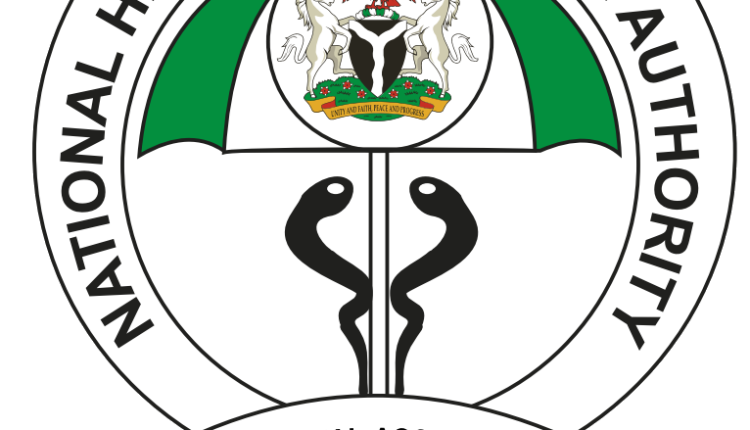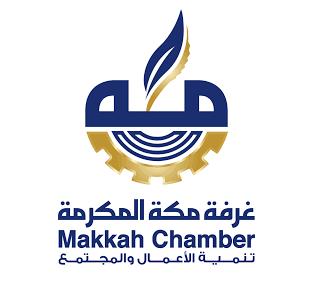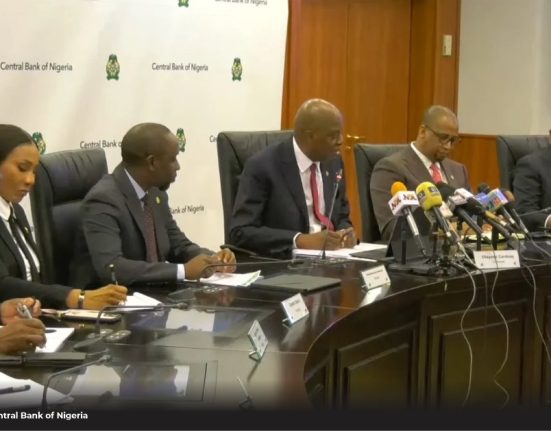The National Health Insurance Authority (NHIA) has issued a new directive aimed at enhancing the efficiency of healthcare delivery in Nigeria by ensuring prompt authorisation of treatment. The directive mandates that Health Management Organisations (HMOs) must approve treatment requests and issue authorisation codes within one hour of a provider’s request. This new regulation, which came into effect on April 1, 2025, is designed to reduce delays and improve access to healthcare services for Nigerians enrolled in the national health insurance scheme.
In a press statement issued on Sunday, the NHIA’s Acting Director of Media and Public Relations, Emmanuel Ononokpono, highlighted that the changes are part of the NHIA’s commitment to addressing delays that negatively impact the experience of beneficiaries. The NHIA also stressed the importance of healthcare facilities submitting requests for authorisation codes promptly to prevent service access delays for enrollees.
The NHIA’s new directive follows provisions in the National Health Insurance Act of 2022, which replaced the National Health Insurance Scheme Act of 1999. The act aims to regulate and integrate health insurance schemes, ensuring that every Nigerian has mandatory health coverage while focusing on vulnerable groups.
Key aspects of the directive include:
One-Hour Authorisation Limit: HMOs must issue authorisation codes within one hour of receiving treatment requests from healthcare providers. This is intended to eliminate unnecessary delays in accessing services.
Emergency Exemption: For emergency cases, treatment can commence without an authorisation code. However, the code must be obtained within 48 hours of starting care, as per operational guidelines.
Communication on Delays: If an authorisation request cannot be fulfilled within the one-hour period, HMOs are required to communicate the reason for the delay. Healthcare providers are also instructed to maintain records of all requests and responses.
Unavoidable Delays: In cases where delays extend beyond the one-hour window, healthcare providers are allowed to proceed with treatment and inform the NHIA, which will verify that the service was rendered.
The NHIA also encouraged enrollees to report any delays in authorisation directly to the authority, urging them to provide feedback if they experience delays beyond the one-hour window.
Sanctions for Non-Compliance
The NHIA emphasized that sanctions would be applied to entities that intentionally delay the authorisation of care. Regular reviews of compliance with the new timeline will be conducted, and feedback will be provided to stakeholders.
The new measures are part of a broader effort to improve the efficiency of the health insurance system. In line with these efforts, Nigeria’s Coordinating Minister of Health and Social Welfare, Prof. Muhammad Pate, recently revealed that the current administration under President Bola Tinubu is taking steps to strengthen the healthcare system by increasing financial support for healthcare providers. This includes a more than 90% increase in capitation fees and a 378% rise in fee-for-service payments.
These adjustments aim to ease the financial burden on healthcare providers, ensuring they have the necessary resources to deliver high-quality care to Nigerians enrolled in the health insurance scheme.
As of December 2024, more than 19.2 million Nigerians were enrolled in the national health insurance schemes, surpassing the 2024 target.
The NHIA’s latest directive is expected to streamline processes and further enhance the delivery of healthcare services, benefiting millions of Nigerians who rely on the national health insurance scheme for access to essential medical care.







